Chinese spend more during Spring Festival, in some new ways
Updated: 2016-02-17 10:15
(Xinhua)
|
||||||||
BEIJING - Special purchases, feasts, blockbusters, tours with the family - China saw an economic boom during the Spring Festival last week.
Zhou Chunlong from Huaibei city of East China's Anhui province was excited for his annual family reunion, but dreading figuring out how to treat 30 or more family members. For each dinner, they had to book at least two big tables at a restaurant.
"The restaurants were all fully booked," said the 45-year-old man. "Even one table was hard to find, let alone two."
Each day before dinner, family members would each call several restaurants to try their luck. "To secure seats, we had to accept special conditions like set menus, which normally cost 888 yuan to 1,088 yuan ($136.4 to $167.1) for one table."
In Beijing, many famous restaurants such as Bianyifang, famous for its roast duck and Beijing-style cuisine, registered a 10 percent growth in its turnover on Lunar New Year day. In Chongqing, 27 restaurants sold e-coupons, raking in 8.37 million yuan on the day, up 16.6 percent from last year.
Statistics by the Ministry of Commerce showed that during the Spring Festival "golden week" from Feb 7 to 13, revenue of retailers and restaurants in China reached 754 billion yuan, a year-on-year growth of 11.2 percent.
According to China UnionPay, which is used for all bank card transactions on the Chinese mainland, people buying dinner with cards rose by six percent this Lunar New Year compared with the last, with average price of each dinner around 585 yuan.
While families like Zhou's fought for restaurant seats, young people were finding new ways to enjoy their New Year feasts in the era of "Internet Plus".
Liao Xiang, 27, hired a chef to prepare dinner for his family at his home in Nanchang, East China's Jiangxi province,. "It is more convenient and to the taste of my parents," he said. "Above all, we didn't have to wait for seats."
Traditionally in China, New Year feasts are prepared by family members as an important part of celebrations. So are New Year purchases.
People began making purchases before the holiday, usually clothes, food and drinks for family gatherings and gifts for relatives.
In Hohhot, capital of Inner Mongolia, 46-year-old farmer Tian Lintao recently learned how to make online purchases. She bought herself a purple cardigan and ordered fish and almonds imported from the United States.
The village where Tian lived was 35 kilometers away from the county seat. To make purchases easier for farmers, the government invested two billion yuan in e-commerce for rural areas last year. Last December, people in Tian's county made more than 12,000 online transactions, with the volume topping 1.8 million yuan.
Meanwhile, more than 1,500 kilometers away in east China's Jiangsu province, Ding Wen not only bought food and gifts for her family, but also for her cat. She spent more than 400 yuan on a pet dining table, so that the cat "doesn't have to bend over to eat," she said. "It is good for her neck." China's pet market is developing quickly, with more than 100 million pet dogs and cats across the country and a market volume near 100 billion yuan.
- Chinese military sets up corruption hotline
- Foreigners working in Beijing can now buy apartments immediately
- Thousand-year-old temple seeks new media talents
- First train from China to Iran stimulates Silk Road revival
- Big data for Spring Festival: 8m overseas trips, etc
- Winter swim enthusiasts celebrate the Year of the Monkey
- 'Grim Sleeper' murder trial begins six years after arrest
- Cameron defends EU deal as lawmakers offer no guarantees
- Sarkozy placed under investigation in campaign funding probe
- Moscow dismisses accusation of Russia bombing Syrian hospitals
- 2016 Westminster Kennel Club Dog Show held in New York
- Pakistan confirms participation in Saudi-led military drills
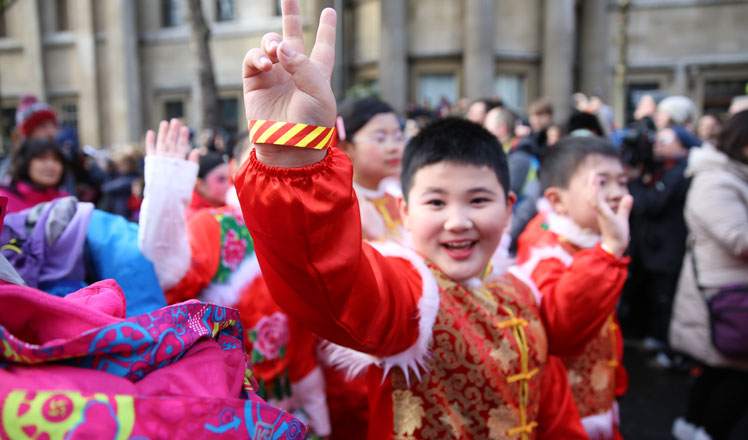
 Excitement, charm and grace: Chinese New Year in UK
Excitement, charm and grace: Chinese New Year in UK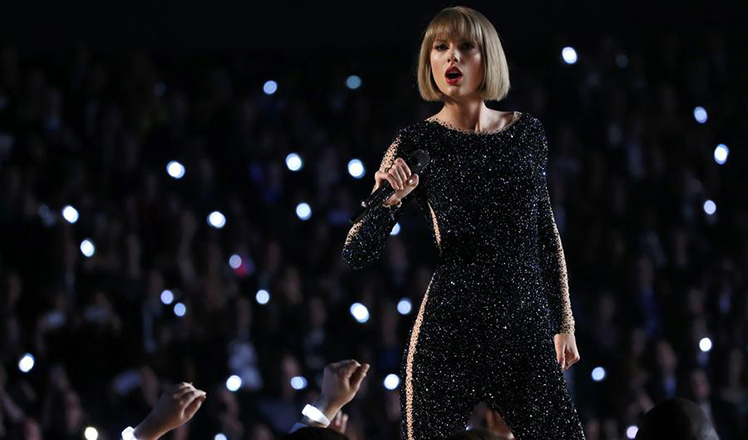
 Taylor Swift wins Album of the Year at Grammys
Taylor Swift wins Album of the Year at Grammys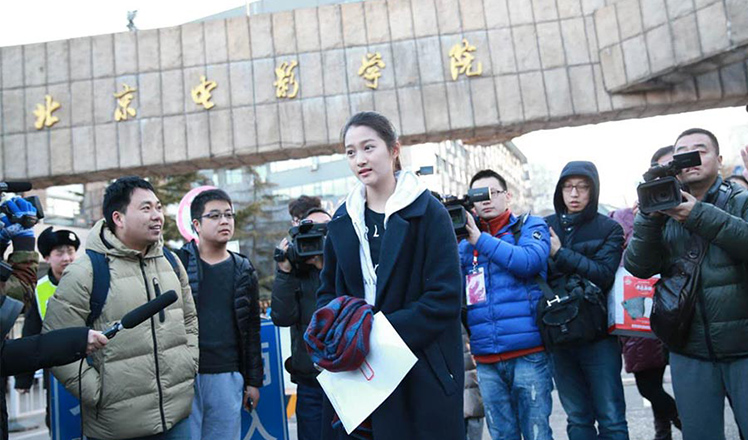
 Stars spotted at film academy exam in China
Stars spotted at film academy exam in China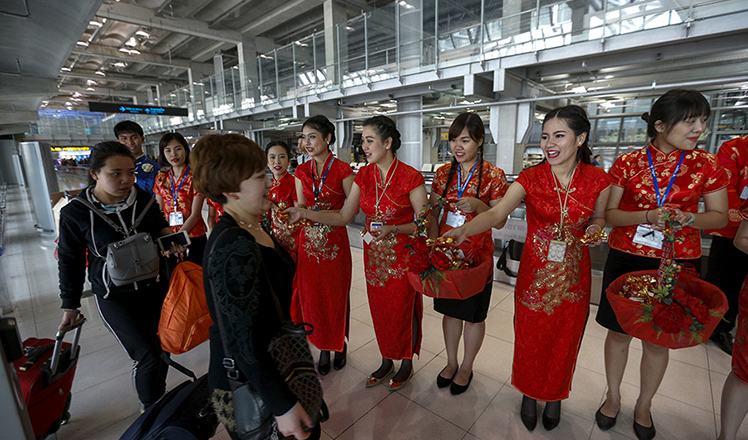
 Record number of Chinese travel abroad for Spring Festival
Record number of Chinese travel abroad for Spring Festival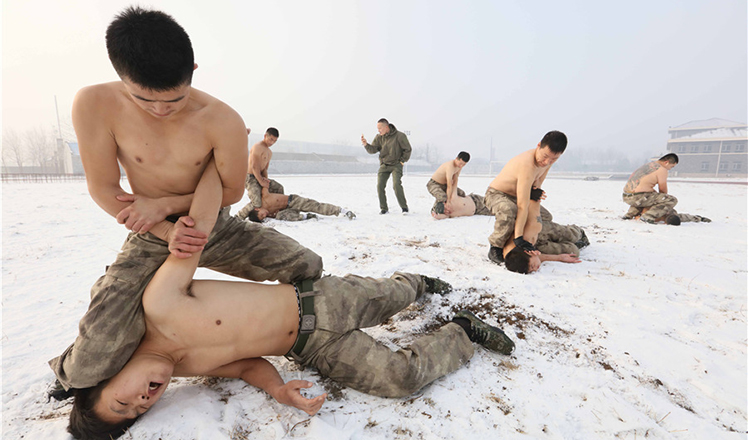
 Future bodyguards undergo brutal training in Beijing
Future bodyguards undergo brutal training in Beijing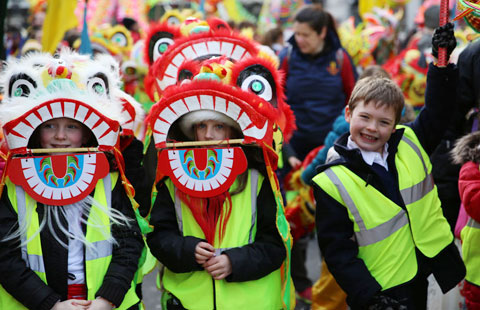
 Chinese Lunar New Year marked in central London
Chinese Lunar New Year marked in central London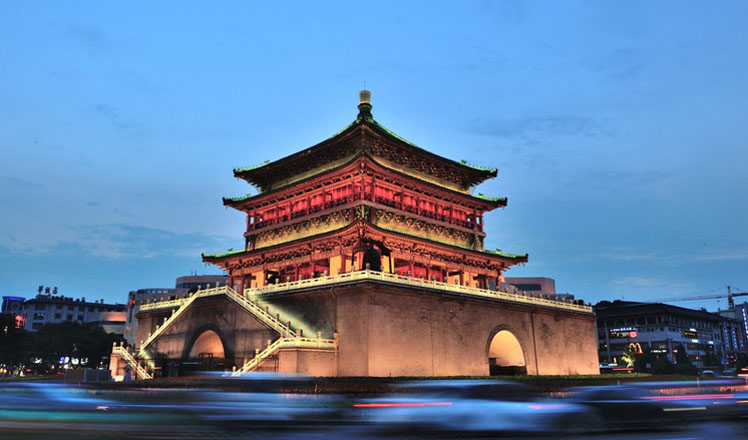
 Top 10 most difficult cities in China to get a taxi
Top 10 most difficult cities in China to get a taxi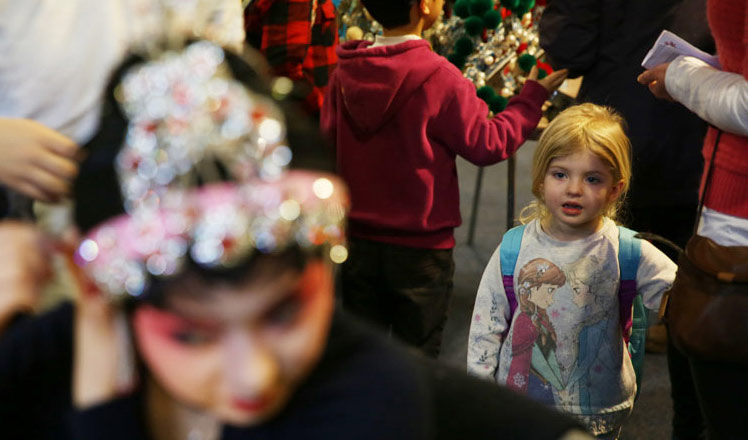
 Sichuan opera charms British children
Sichuan opera charms British children
Most Viewed
Editor's Picks

|

|

|

|

|

|
Today's Top News
Will US-ASEAN meeting be good for region?
Accentuate the positive in Sino-US relations
Dangerous games on peninsula will have no winner
National Art Museum showing 400 puppets in new exhibition
Finest Chinese porcelains expected to fetch over $28 million
Monkey portraits by Chinese ink painting masters
Beijing's movie fans in for new experience
Obama to deliver final State of the Union speech
US Weekly

|

|







